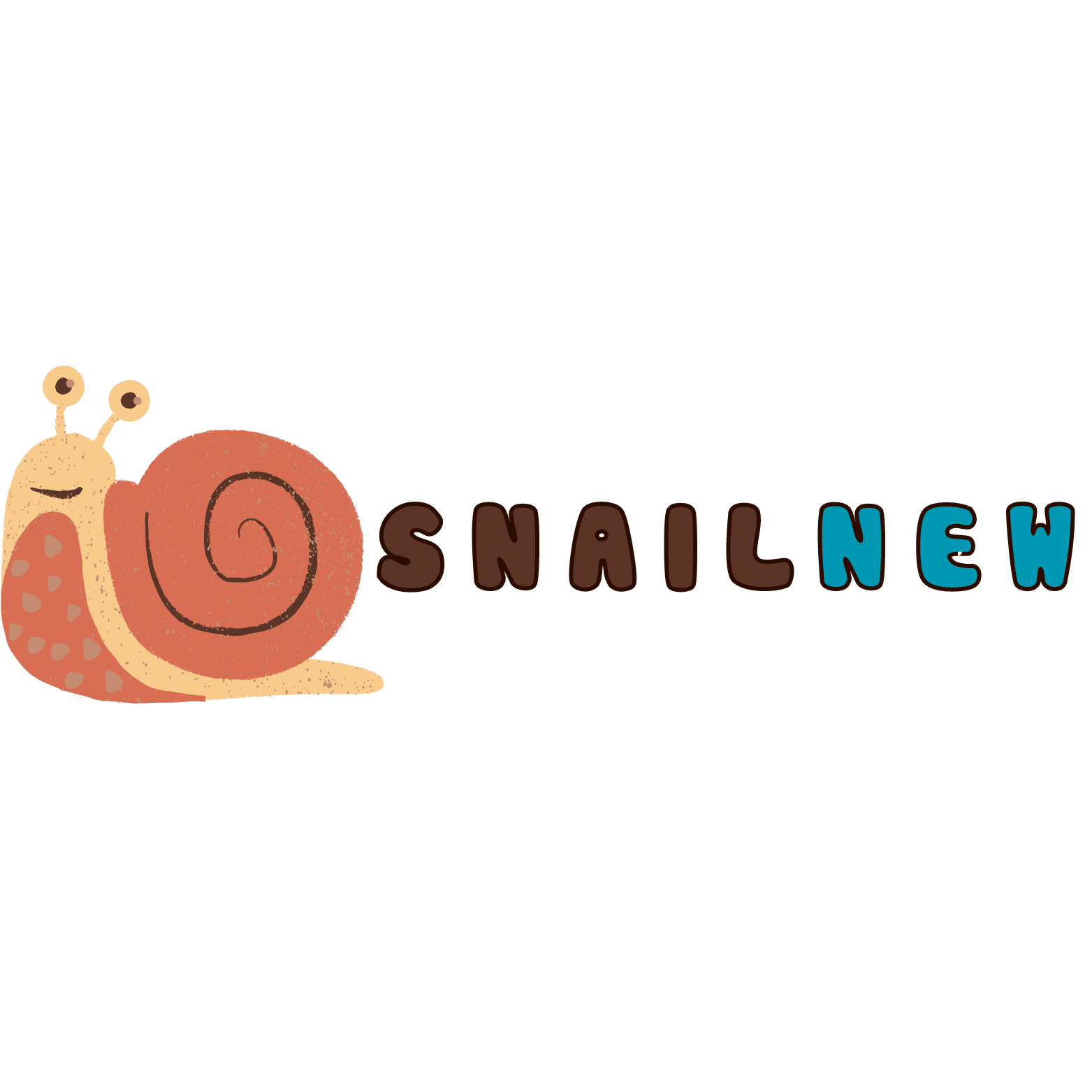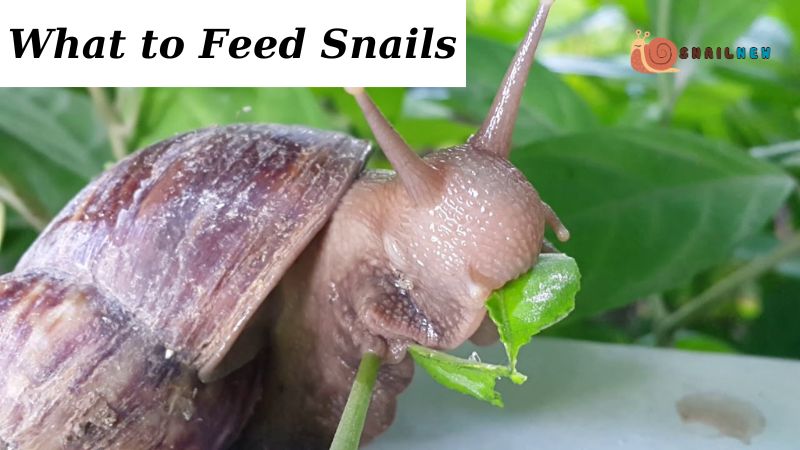Snails, with their slow and steady pace, are fascinating creatures that make unique and low-maintenance pets. Whether you’re a seasoned snail enthusiast or a beginner looking to care for these gastropods, one crucial aspect of their care is understanding their dietary needs. Knowing what to feed snails is essential for ensuring their health and longevity. In this comprehensive guide, Snailnew will explore the diverse diet of snails, highlighting nutritious options and best practices to keep your shelled companions thriving.
Table of Contents
ToggleUnderstanding Snail Nutrition:
Before delving into specific foods, it’s vital to grasp the nutritional requirements of snails. As herbivores, snails primarily consume plant matter rich in vitamins, minerals, and fiber. Their diet plays a pivotal role in shell development, growth, and overall well-being. By offering a varied and balanced diet, you can help maintain their health and vitality.
What to Feed Snails
1. Leafy Greens: A Staple in Snail Nutrition
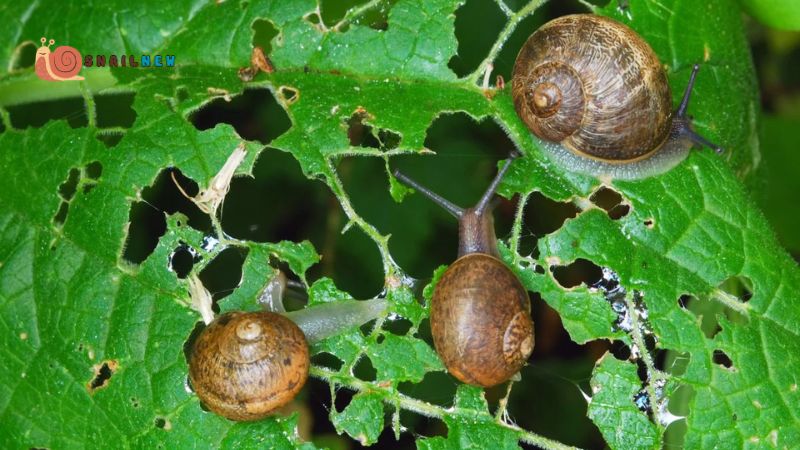
Leafy greens are a cornerstone of a snail’s diet, providing essential nutrients such as vitamins A, C, and K, as well as calcium and fiber. Lettuce, kale, spinach, and cabbage are excellent choices for feeding your snails. These greens offer hydration and promote healthy digestion. When preparing leafy greens, remember to wash them thoroughly to remove any pesticide residues that could harm your snails.
2. Feeding Fruits to Fulfill Snail’s Palate
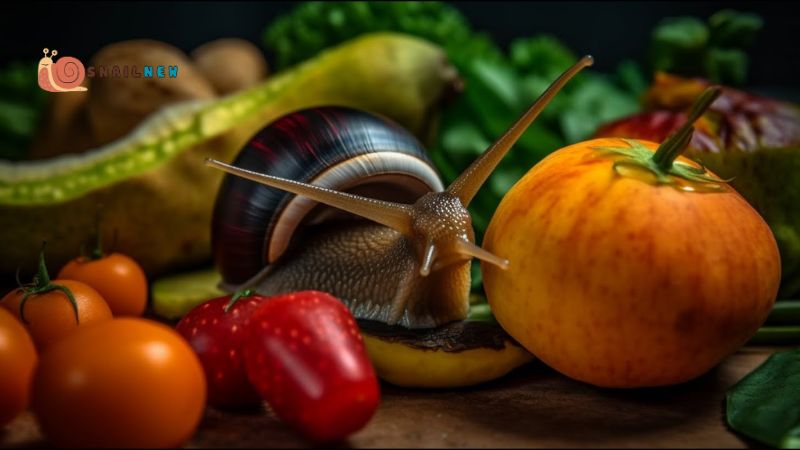
Fruits add variety and flavor to a snail’s diet while offering additional vitamins and natural sugars. Apples, bananas, strawberries, grapes, and melons are among the fruits that snails enjoy. However, be cautious of seeds and pits, as they can pose a choking hazard or be toxic to snails. By offering a diverse selection of fruits, you can cater to your snail’s preferences and provide essential nutrients for their well-being.
3. Vegetables: Nutrient-Rich Options for Snail Health
Vegetables are another essential component of a snail’s diet, providing a range of vitamins, minerals, and antioxidants. Carrots, cucumbers, zucchini, squash, and bell peppers are well-received by snails. These vegetables offer hydration and contribute to overall health. Whether sliced into small pieces or grated for easier consumption, vegetables are a nutritious addition to your snail’s menu.
4. Calcium: Vital for Shell Development
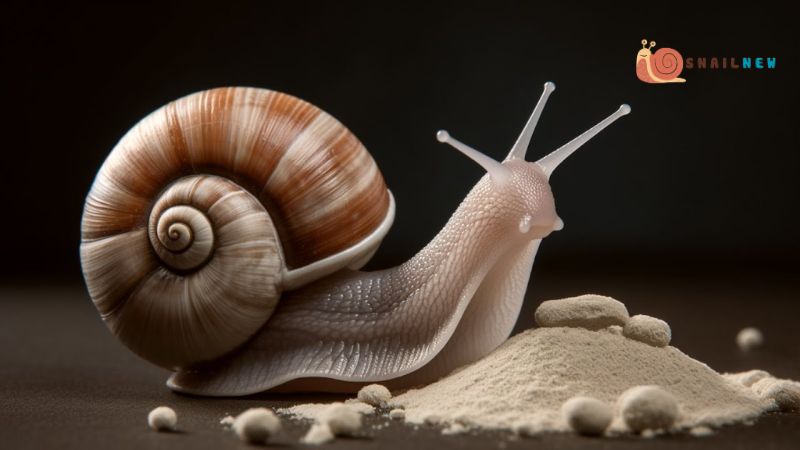
Calcium is crucial for maintaining the strength and integrity of a snail’s shell. Without an adequate source of calcium, snails may develop shell deformities or become susceptible to shell erosion. To supplement their calcium intake, provide crushed eggshells, cuttlebone, or calcium supplements specifically formulated for snails. By ensuring a sufficient supply of calcium, you can support healthy shell growth and prevent potential health issues.
5. Commercial Snail Food: Convenient and Nutritious Options
For added convenience, consider incorporating commercial snail food into your snail’s diet. These specialized formulas are designed to meet the nutritional needs of snails, offering a balanced mix of vitamins, minerals, and protein. Look for high-quality commercial snail food at pet stores or online retailers. By supplementing their diet with commercial food, you can ensure that your snails receive essential nutrients for optimal health.
6. Avoiding Harmful Foods: Key Considerations for Snail Care
While it’s essential to provide a diverse diet for your snails, certain foods can be harmful or even toxic to them. Avoid feeding snails salty, spicy, or sugary foods, as these can disrupt their digestive system and lead to health complications. Additionally, refrain from offering foods that are high in fat or protein, as these can be difficult for snails to digest. By prioritizing their nutritional needs and avoiding harmful foods, you can safeguard the health of your snails.
7. Hydration: Providing Access to Clean Water
In addition to their dietary needs, snails require access to clean, non-chlorinated water for hydration and soaking. Place a shallow dish of water in their enclosure, ensuring that it’s easily accessible and regularly replenished. Snails may also benefit from occasional misting to maintain humidity levels and prevent dehydration. By prioritizing hydration, you can support their overall health and well-being.
Monitoring and Adjusting Diet: Tailoring to Individual Needs
As with any pet, it’s essential to monitor your snail’s dietary intake and adjust their diet as needed. Pay attention to their eating habits, shell condition, and overall behavior to gauge their health and nutritional status. If you notice any signs of nutritional deficiencies or health issues, consult a veterinarian experienced in exotic pet care for guidance. By being proactive and responsive to your snail’s needs, you can ensure their long-term health and happiness.
Conclusion:
In conclusion, understanding what to feed snails is crucial for providing them with the nutrition they need to thrive. By offering a varied diet consisting of leafy greens, fruits, vegetables, calcium sources, and commercial snail food, you can meet their dietary requirements and support their overall health. Additionally, avoiding harmful foods and prioritizing hydration are essential aspects of snail care. By following these guidelines and monitoring your snail’s health closely, you can ensure that they lead a happy and fulfilling life in captivity.
